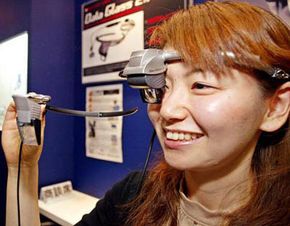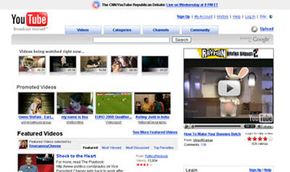Key Takeaways
- Web 3.0, also known as the Semantic Web, aims to create a more intelligent and intuitive internet where information is more interconnected and easily processed by machines.
- It will enable browsers to act like personal assistants, understanding complex user intents and delivering more accurate and personalized online experiences.
- This evolution involves technologies that semantically link information, allowing for automated reasoning and better data integration across the web.
You've decided to go see a movie and grab a bite to eat afterward. You're in the mood for a comedy and some incredibly spicy Mexican food. Booting up your PC, you open a Web browser and head to Google to search for theater, movie and restaurant information. You need to know which movies are playing in the theaters near you, so you spend some time reading short descriptions of each film before making your choice. Also, you want to see which Mexican restaurants are close to each of these theaters. And, you may want to check for customer reviews for the restaurants. In total, you visit half a dozen Web sites before you're ready to head out the door.
Some Internet experts believe the next generation of the Web -- Web 3.0 -- will make tasks like your search for movies and food faster and easier. Instead of multiple searches, you might type a complex sentence or two in your Web 3.0 browser, and the Web will do the rest. In our example, you could type "I want to see a funny movie and then eat at a good Mexican restaurant. What are my options?" The Web 3.0 browser will analyze your response, search the Internet for all possible answers, and then organize the results for you.
Advertisement
That's not all. Many of these experts believe that the Web 3.0 browser will act like a personal assistant. As you search the Web, the browser learns what you are interested in. The more you use the Web, the more your browser learns about you and the less specific you'll need to be with your questions. Eventually you might be able to ask your browser open questions like "where should I go for lunch?" Your browser would consult its records of what you like and dislike, take into account your current location and then suggest a list of restaurants.
To understand where the Web is going, we need to take a quick look at where it's been. Keep reading for a quick lesson on the evolution of the Web.
Advertisement





